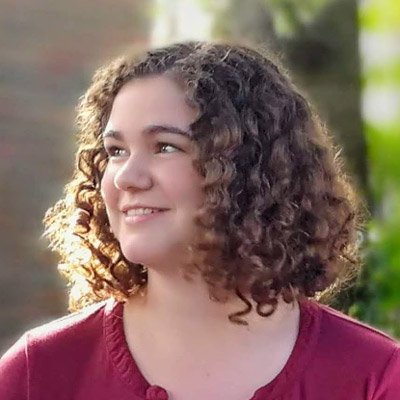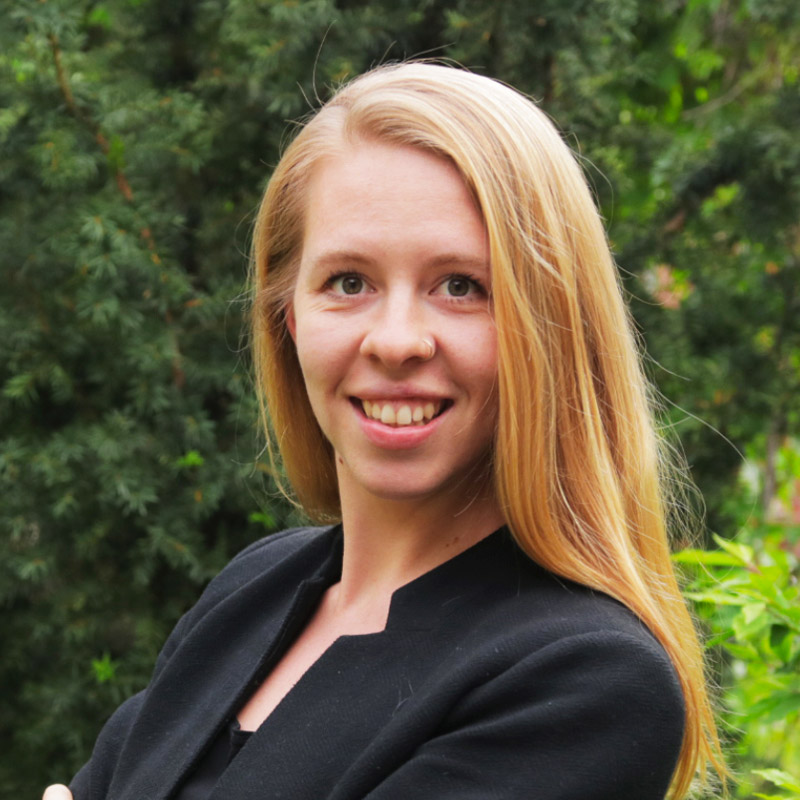
Devon Jones
Devon is an undergraduate research assistant from the University of Waterloo studying Geography and Environmental Management. Working with Sarah, she has supported research on awe: what it does, how it works, and what it might mean in the context of pro-environmental decision making. Through various co-op placements, Devon has worked in both local and federal government positions looking at transportation, water, and energy infrastructure. She believes in relentless curiosity and well-organized tables, and would like to be known as the kind of person who moves worms off the sidewalk after it rains.

Hanna Ross, MES
Hanna is a Research Assistant for Dr. Sarah Wolfe and Project Coordinator for a local government on Vancouver Island, British Columbia, Canada. She earned a Master of Environmental Studies (2017), Bachelor of Environmental Studies with Honours (2015), Diploma in Environmental Assessment (2015) and Diploma in Ecological Restoration and Rehabilitation (2015) from the University of Waterloo. During her undergraduate program, she completed 4 co-op work terms in the fields of environmental toxicology, waste management and water resource management.
Hanna has always been fascinated with people and why people do what they do. This fascination combined with her passion to help people make better decisions about the environment drove her undergraduate and graduate research interests. Her research focussed on identifying non-rational psychological drivers underpinning water decisions. Specifically, she looked at how large water infrastructure projects and residential water end-uses could be hero projects, and how these hero projects could persist in response to mortality reminders. She has published academic articles in Water History (2016), Ecology and Society (2017) and has a third article under review.
In her Research Assistant position, she is identifying embedded emotions used in urban water efficiency campaigns. In her free time, Hanna is learning about why social media “influencing” is effective, and how environmental communicators could apply “influencer” strategies to effectively encourage pro-environmental behaviour.

Lauren Smith
With a background in psychology, philosophy, and environmental management, Lauren is currently researching the intersection of sustainable water solutions, gender equity, and mortality salience. She aims to identify how changing the way we frame water problems could help improve both gender equity among decision-makers and environmental outcomes. When she’s not reading about existential dread, Lauren can be found in the great outdoors or with her rescued pets.

